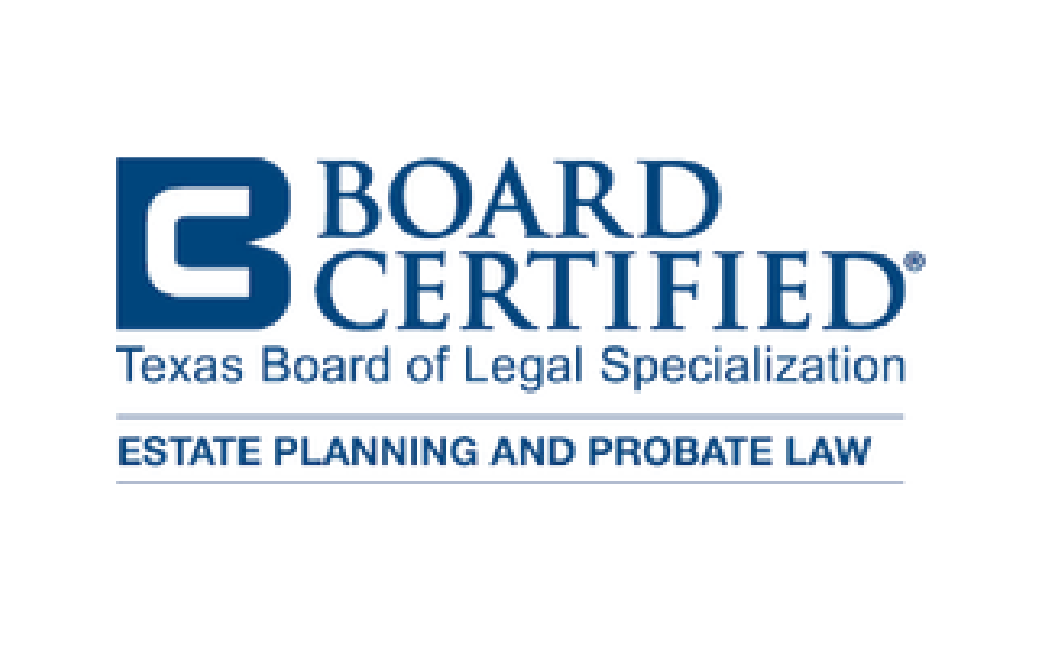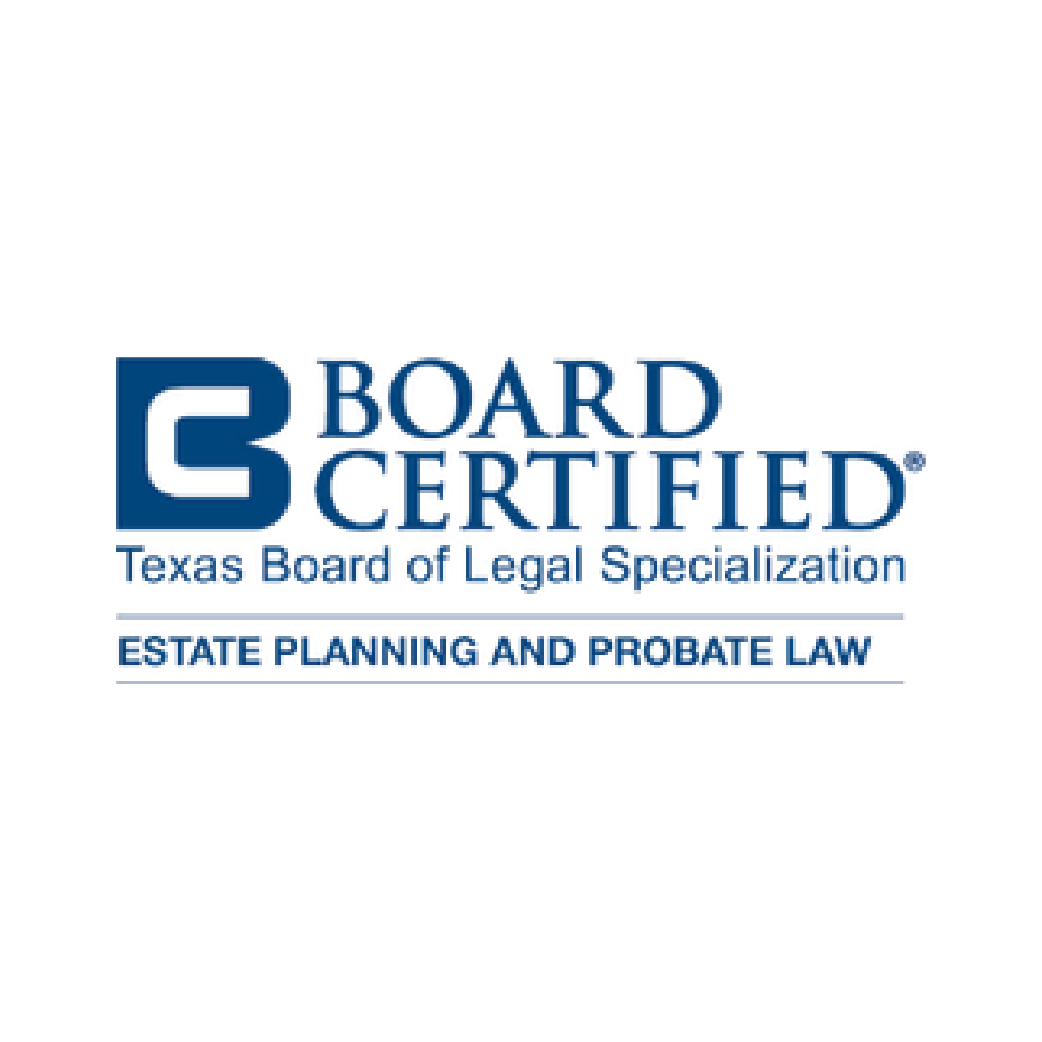Judith P. Kenney & Associates Blogs
Navigating Estate Planning: Insights from Leading Law Firms.
Understanding Estate Planning
Estate planning is the process of arranging and managing one's assets during their lifetime and after death. It involves creating legal documents that outline how assets should be distributed and managed, as well as making provisions for healthcare and financial decisions in case of incapacity.
For many people, estate planning can seem overwhelming and complex. That's where estate planning law firms come in. These firms specialize in guiding individuals and families through the estate planning process, ensuring that their wishes are documented properly and legally binding.
By working with an estate planning law firm, individuals can gain clarity on their options and make informed decisions about their estate. These firms have the expertise to navigate the legal intricacies of estate planning and can tailor their services to meet the unique needs and goals of each client. Ultimately, estate planning law firms provide peace of mind by helping individuals protect their assets and ensure their legacy lives on.
Role of Law Firms in Estate Planning
Estate planning law firms play a crucial role in helping individuals and families navigate the complexities of estate planning. These firms specialize in providing legal services related to wills, trusts, powers of attorney, and other important documents that govern the distribution of assets and decision-making processes after death or incapacitation.
One of the primary services offered by estate planning law firms is the creation of comprehensive estate plans tailored to the unique needs and goals of each client. This includes assessing the client's assets, understanding their wishes and concerns, and drafting legally binding documents that reflect their intentions.
In addition to creating estate plans, law firms also provide ongoing guidance and support to their clients. This may include reviewing and updating existing estate plans as life circumstances change, providing advice on tax implications and asset protection strategies, and representing clients in legal proceedings related to estate matters.
Overall, estate planning law firms serve as trusted advisors to individuals and families, helping them navigate the
complexities of estate planning
and ensuring their wishes are carried out effectively.
Key Considerations When Choosing a Law Firm
When selecting an estate planning law firm, there are several important factors to consider to ensure you find the right fit for your needs.
Expertise and Specialization:
It's essential to choose a law firm that specializes in estate planning. Look for firms with experienced attorneys who have a deep understanding of estate planning laws and regulations. Ask about their track record and experience handling cases similar to yours.
Reputation and Experience:
Research the reputation of the law firm and its attorneys. Look for firms with positive reviews and testimonials from past clients. Consider the firm's years of experience and its standing in the legal community.
Client Testimonials and Reviews:
Take the time to read reviews and testimonials from previous clients. This can provide valuable insights into the firm's professionalism, communication style, and success rate. Consider reaching out to references for firsthand feedback on their experience working with the firm.
Ultimately, choosing the right estate planning law firm is a personal decision that should be based on your specific needs and preferences. By considering these key factors and conducting thorough research, you can find a firm that meets your expectations and helps you achieve your estate planning goals.
Common Estate Planning Documents
In estate planning, several essential documents are commonly used to ensure that individuals' wishes are carried out effectively and their assets are protected. These documents include:
1. Wills:
A will is a legal document that outlines how a person's assets should be distributed after their death. It allows individuals to specify beneficiaries and designate an executor to oversee the distribution of assets.
2. Trusts:
Trusts are legal arrangements that allow individuals to transfer assets to beneficiaries while avoiding probate and providing flexibility in asset management. There are various types of trusts, including revocable trusts, irrevocable trusts, and special needs trusts, each serving different purposes.
3. Powers of Attorney:
Powers of attorney are legal documents that grant authority to another person to make financial or healthcare decisions on behalf of the individual granting the power. This ensures that someone can manage affairs in case of incapacitation.
4. Advance Directives:
Advance directives, such as living wills and healthcare proxies, outline an individual's preferences for medical treatment and appoint a healthcare agent to make medical decisions if they are unable to do so themselves.
These documents are essential components of a comprehensive estate plan and can help individuals protect their assets, provide for loved ones, and ensure their wishes are carried out effectively. Working with an experienced estate planning law firm can help individuals navigate the complexities of these documents and
create a plan that meets their unique needs
.
Estate Planning Process
The estate planning process typically involves several key steps to ensure that individuals' wishes are properly documented and their assets are protected. These steps may include:
1. Initial Consultation:
The process often begins with an initial consultation with an estate planning attorney. During this meeting, individuals can discuss their goals, concerns, and priorities regarding their estate.
2. Asset Inventory:
Next, individuals will need to gather information about their assets, including bank accounts, investments, real estate, and personal property. This inventory will help the attorney understand the scope of the estate and develop an appropriate plan.
3. Document Drafting:
Based on the individual's goals and asset inventory, the attorney will draft the necessary estate planning documents, such as wills, trusts, powers of attorney, and advance directives. These documents will outline how assets should be distributed and managed, as well as provide instructions for healthcare and financial decisions.
4. Review and Revision:
Once the documents are drafted, individuals will have the opportunity to review them with the attorney and make any necessary revisions. It's essential to ensure that the documents accurately reflect the individual's wishes and comply with state laws.
5. Execution:
After finalizing the documents, individuals will need to sign them in the presence of witnesses and a notary public to make them legally binding.
By following these steps and working closely with an experienced estate planning law firm, individuals can create a comprehensive estate plan that protects their assets, provides for their loved ones, and ensures their wishes are carried out effectively.
Estate Planning Fees and Costs
Many individuals wonder about the costs associated with estate planning services provided by law firms. Here are some common questions and answers regarding estate planning fees:
1. What factors influence estate planning fees?
- Estate planning fees can vary depending on factors such as the complexity of the individual's estate, the services required, and the experience of the attorney. Some firms charge flat fees for specific services, while others bill hourly.
2. What is included in estate planning fees?
- Estate planning fees typically cover the cost of legal services related to drafting and reviewing documents, as well as consultations with the attorney. Additional costs may include court filing fees and notary fees.
3. Are there any hidden costs?
- It's essential to clarify with the law firm whether there are any additional costs beyond the initial fee quote. Hidden costs may include charges for document revisions, consultations beyond the initial meeting, or ancillary services.
4. Can I get a cost estimate upfront?
- Many law firms offer free initial consultations to discuss the individual's estate planning needs and provide a cost estimate for the services required. It's advisable to inquire about pricing and payment options during the consultation.
5. How can I ensure transparency in billing?
- To ensure transparency in billing, individuals should ask the law firm to provide a written fee agreement detailing the services to be provided, the associated costs, and any payment terms. This agreement can help prevent misunderstandings and disputes later on.
By understanding the factors that influence estate planning fees and asking the right questions, individuals can make informed decisions when selecting a law firm and
budgeting for estate planning services.
Choosing the Right Estate Planning Law Firm
Selecting the right estate planning law firm is crucial for ensuring that your wishes are properly documented and your assets are protected. Here are some commonly asked questions to help you make an informed decision:
1. What experience does the law firm have in estate planning?
- Look for a law firm with extensive experience and expertise in estate planning. Inquire about the firm's track record, including the number of estate plans they have created and their success in handling similar cases.
2. What types of estate planning services do they offer?
- Ensure that the law firm offers a comprehensive range of estate planning services tailored to your needs. This may include drafting wills, establishing trusts, creating powers of attorney, and providing guidance on estate tax planning.
3. Can they accommodate your unique circumstances and preferences?
- Choose a law firm that takes the time to understand your individual circumstances, goals, and preferences. They should be willing to tailor their services to meet your specific needs and provide personalized guidance throughout the process.
4. How do they communicate with clients?
- Communication is key in estate planning, so inquire about the law firm's communication methods and responsiveness. Choose a firm that maintains open lines of communication and keeps you informed every step of the way.
5. What is their approach to fees and billing?
- Discuss the law firm's fee structure and billing practices upfront to ensure transparency and avoid surprises. Look for a firm that offers fair and transparent pricing, with clear explanations of the services provided and associated costs.
By asking these questions and conducting thorough research, you can select a reputable estate planning law firm that meets your needs and provides peace of mind knowing that your estate is in good hands.
Potential Challenges in Estate Planning
While estate planning is crucial for protecting assets and ensuring one's wishes are carried out, there can be challenges and complexities involved in the process. Here are some common challenges individuals may encounter:
1. Changing Laws and Regulations: Estate planning laws and regulations can vary by jurisdiction and change over time. Keeping up with these changes and ensuring that estate planning documents remain valid and compliant can be challenging without the guidance of an experienced attorney.
2. Family Dynamics and Disputes: Family dynamics and potential disputes among beneficiaries can complicate estate planning. Addressing issues such as unequal distribution of assets, blended families, and estranged relatives requires careful consideration and clear communication.
3. Tax Implications: Estate planning decisions can have significant tax implications, including estate taxes, gift taxes, and income taxes. Maximizing tax efficiency while achieving one's estate planning goals requires careful planning and expertise in tax law.
4. Asset Protection: Protecting assets from creditors, lawsuits, and other potential threats requires strategic planning and the use of various legal instruments, such as trusts and asset protection strategies. Ensuring that assets are shielded from potential risks can be complex and may require the assistance of a knowledgeable attorney.
5. Incapacity Planning: Planning for incapacity, such as dementia or disability, is an essential aspect of estate planning. Establishing powers of attorney and advance directives to designate decision-makers and outline medical preferences can be challenging without proper guidance.
Navigating these challenges requires the expertise of an experienced estate planning law firm. By working with knowledgeable attorneys, individuals can address these complexities and create a comprehensive estate plan that meets their unique needs and goals.
Choosing the Right Estate Planning Law Firm
Selecting the right estate planning law firm is a crucial step in ensuring that your wishes are properly documented and your assets are protected. Here are some factors to consider when choosing a law firm:
1. Experience and Expertise: Look for a law firm with extensive experience and expertise in estate planning. Consider the firm's track record, the qualifications of its attorneys, and whether they specialize in estate planning specifically.
2. Client Reviews and Testimonials: Read client reviews and testimonials to gauge the firm's reputation and client satisfaction. Positive reviews can provide insight into the firm's professionalism, communication, and ability to deliver results.
3. Range of Services: Consider the range of services offered by the law firm. A comprehensive estate planning practice should offer a variety of services, including wills, trusts, powers of attorney, and advance directives, to address all aspects of your estate planning needs.
4. Personalized Approach: Choose a law firm that takes a personalized approach to estate planning and takes the time to understand your unique circumstances and goals. Look for attorneys who listen attentively to your concerns and tailor their recommendations to meet your specific needs.
5. Accessibility and Communication: Ensure that the law firm is accessible and responsive to your inquiries and concerns. Clear communication is essential throughout the estate planning process, so choose a firm that prioritizes open and transparent communication with clients.
By considering these factors and conducting thorough research, you can select the right estate planning law firm to assist you in creating a comprehensive estate plan that protects your assets and ensures your wishes are carried out effectively.
Conclusion
In conclusion, estate planning is a critical process that requires careful consideration and expert guidance to navigate effectively. By partnering with a reputable estate planning law firm, individuals can address potential challenges, select the right legal instruments, and debunk common misconceptions to create a comprehensive estate plan that protects their assets and ensures their wishes are carried out.
For personalized assistance with your estate planning needs, contact
Judith P. Kenney & Associates, P.C.
at
(972) 713-6133
. Our experienced attorneys are here to guide you through every step of the process, providing you with peace of mind and confidence in your estate plan's effectiveness. Don't wait until it's too late – start planning for your future today with Judith P. Kenney & Associates, P.C..







